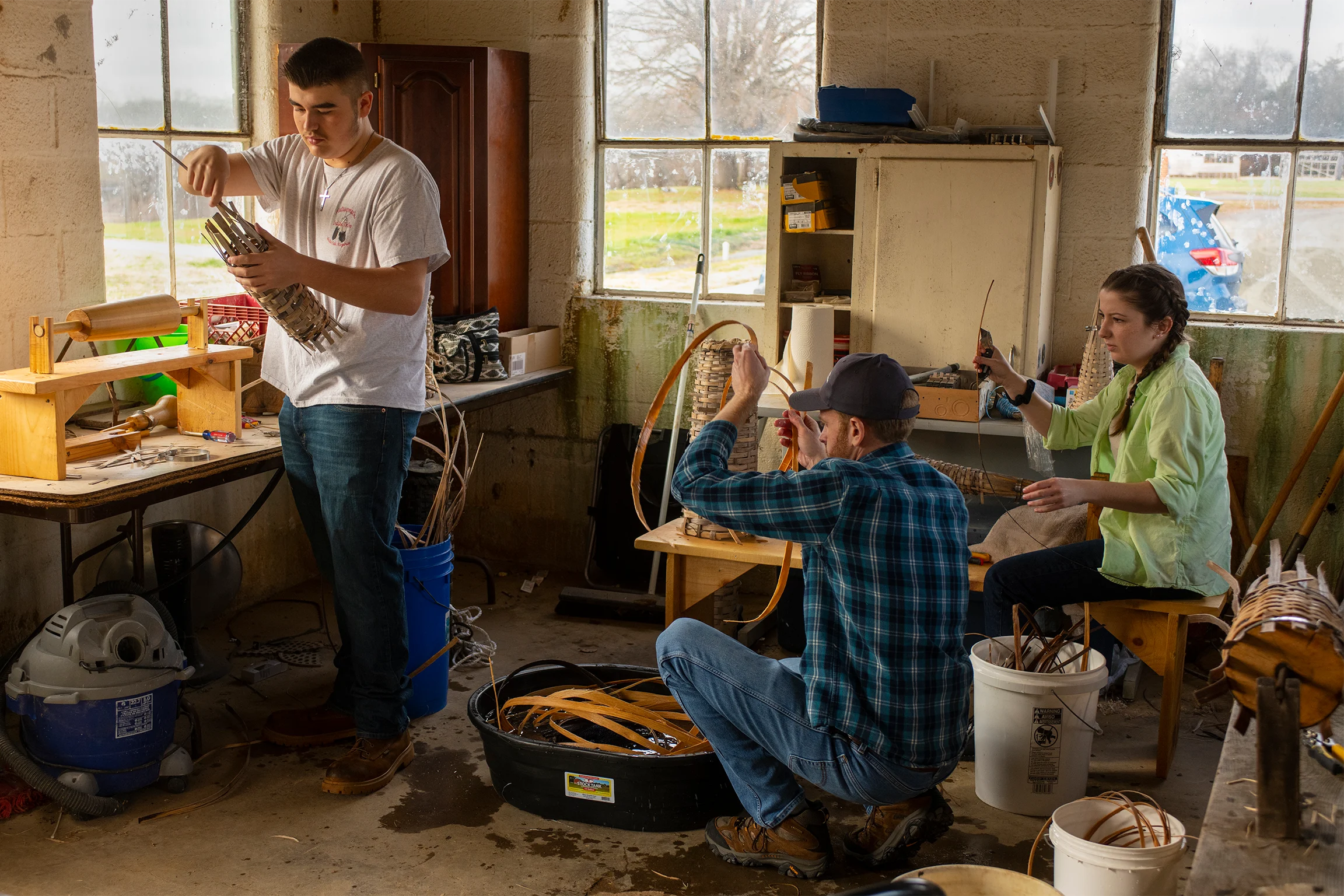Higher Learning
Knowledge is produced everywhere.

Institutions of higher education—and the scholars within them—address crucial societal issues, produce new knowledge, and promote the spirit of learning. Mellon’s work broadens opportunities in the humanities through academic research, curricular development, extracurricular programming, internships, and community partnerships at institutions including rural universities, tribal colleges, HBCUs, and more. We also fund humanities projects beyond colleges and universities that deepen our understanding of the United States, its cultures, and people, and help ensure the breadth of stories told and studied.
Who we support
Through grants to eligible recipients, we support:
- Colleges and universities exploring new directions in humanistic study in a range of learning environments.
- Scholars and academic leaders working to deepen our understanding of American history and culture, advance new methods for scholarly interpretation, and elevate underrepresented perspectives in academia.
- Humanities-focused organizations committed to expanding public understanding and appreciation of the liberal arts.
Our staff seek out and get to know innovative organizations, scholars, and creators before inviting them to submit a proposal for funding. Most Mellon grants are made through these invitations.
Grantmaking in focus




We partner with institutions that are expanding the definition of education and learning.
About our grantmaking process